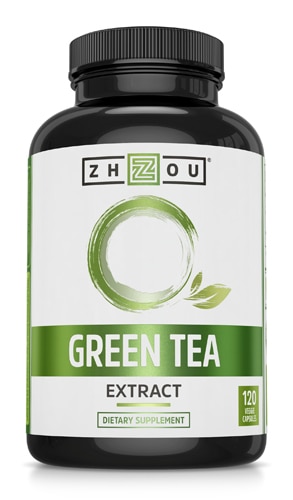For many people, vacationing over the summer means indulging in favorites like ice cream, burgers and cold beer. And if you’re like most Americans, you might associate this type of break from your normal, healthy diet with a bit of guilt and worry about weight gain.
Even if you feel like you totally “fell off the wagon” on vacation, the good news is this: chances are, things aren’t as bad as you may be imagining; experts estimate that most people won’t gain more than one or two pounds of actual body fat during a week-long vacation, perhaps in addition to some temporary water weight.
A couple of weeks of eating fewer vegetables and more sugar than you may prefer also shouldn’t have any lasting impact on your health. This means you have permission to stop freaking out about the consequences of your vacation, chalk it up to having had a great time, and start taking rational steps to return to your normal routine.
Here are four steps to get your diet back on track after vacation:
1. Forgive Yourself and Move On
If you’re beating yourself up over the way you’ve been indulging, here’s something important to keep in mind: the negative impact of worrying and stressing can have just as much of a negative effect on your health than the “bad” food you’ve recently consumed.
Stress has a number of physiological effects, including increasing cortisol output, a “stress hormone” that is tied to cravings, and long-term even accumulation of belly fat. This means that feeling anxious about your eating habits only sets the stage for even more comfort/emotional eating, since stress depletes willpower, messes with decision making, and can disrupt your ability to stay in touch with your normal hunger/fullness cues.
There’s no need to punish yourself with demanding workouts or a crash-diet; rather, keep the big picture in mind: food is not meant to trigger guilt, shame or sadness. It’s perfectly OK to practice flexibility with your diet, especially if you normally prioritize eating lots of nourishing foods. Your favorite foods should be able to serve as a form of pleasure and fun on occasion without causing you to panic.
Do what you can during this time to keep practicing self-care and to stay calm, such as by taking walks outside, doing yoga, getting extra sleep and reading about mindful eating.
2. Avoid skipping meals
It may be tempting to drastically cut calories and skip meals in an attempt to undo any “damage” you’ve done calorie-wise, but this is actually likely to just backfire. If you start experiencing intense hunger between meals you’re less likely to make good decisions, as we know from research that calorie-dense, highly-palatable foods become very tempting the hungrier you become.
Your best bet is to eat regular, filling meals (see below about increasing your fiber and protein intake), this way your blood sugar, energy and mood stays consistent throughout the day.
On the other hand, some people can be successful with dietary tools such as intermittent fasting, but it’s best to start experimenting with this type of approach only when you’re in a good mental headspace and have been eating normally for a period of time. If fasting is done from a place of self-punishment, it can lead to unhealthy feelings of restriction, so be sure you choose to try it for the right reasons, such as to help improve your ability to read hunger signals and for metabolic health.
3. Fill up on fiber
While crash-dieting isn’t recommended in order to get back on track, reducing calorie intake moderately by eating nutrient-dense, unprocessed foods is a good strategy for most people. The great thing about eating a high-fiber diet is that you can eat lots of food in terms of volume, and therefore feel more satisfied, even while remaining in a calorie deficit (at least for a while). The opposite is true of eating lots of sugar and processed foods: they lead you to consume lots of calories without necessarily feeling energized or full.
Another perk of boosting fiber intake is that this will encourage you to stay “regular” and prevent constipation and/or bloating, instantly allowing you to worry less about how much belly fat you’ve potentially gained.
What types of foods should you emphasize at this point to feel full and content? Some of the best choices include dark leafy greens like spinach or kale, fresh fruit, avocado, sweet potatoes, whole grains, legumes, etc. Of course eating enough lean protein and healthy fats is also important for balancing blood sugar and making meals satisfying, so ideally aim for combination of all three.
4. Drink lots of water
A combination of excessive processed carbohydrates, and too little fiber, fluids, and physical activity can all lead to constipation and bloating. Give your liver and kidneys a break by skipping alcohol, sugary drinks, diet soda and too much caffeine, instead opting for plain water, fresh squeezed vegetable juices, and herbal teas, such as peppermint, chamomile and dandelion teas that are natural diuretics.
While being dehydrated, such as due to a night of heavy drinking, might temporarily cause you to weigh a bit less (since it increases urination), in the long run it’s important to drink lots of fluids and water in order to prevent water retention. It might seem counterintuitive, but water actually pushes excess water out of the body, not to mention that it helps regulate your hunger cues, prevents fatigue, constipation and headaches, and is overall important for your health in many ways.




